Now I always call her when the programme starts and we listen to it together.
Dugo and Aye live with their three children in a village called Doni in Oromia, central Ethiopia. Dogu farms the fields which surround his family's home, a small hut in a dusty enclosure where his three children play with homemade toys among their chickens and goats.
Aye is two months pregnant. And in a country with one of the highest maternal mortality rates in the world, that puts her in a dangerous position. Giving birth at home and without the help of a trained assistant is statistically the leading cause for mothers' deaths in Ethiopia.
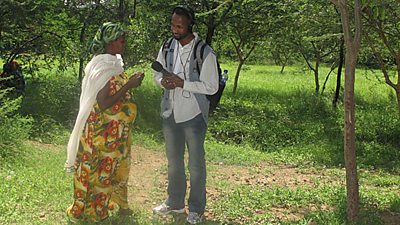
Entertaining health advice
But as Aye prepares for her fourth child, the family have been listening to weekly radio programme Biiftuu Jireenyaa (which means 'glimmer of life' in Afan-Oromo).
Telling the stories of people just like Dugo and Aye, the show is full of health advice packaged in entertaining and creative ways. As well as interviews recorded in people's homes and in the field, the show also features 'fly-on-the-wall' recordings – of what really happens behind a clinic door when a woman goes for an ante-natal check-up, for example.
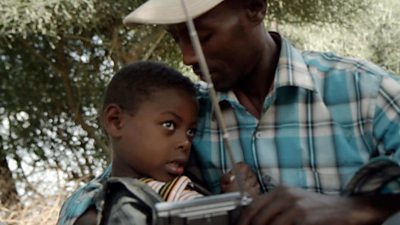
"Before listening to Biiftuu Jireenyaa, I used to not let my wife go to the health centre," Dugo says. "But now, after listening to the programme and understanding why it's needed, I began to go with her."
Aye has also learned a lot. "Before I only went for check-ups after my baby had grown and started moving in my womb," she says. "But after listening to Biiftuu Jireenyaa I went for check-ups as soon as I realised I could be pregnant."
From listening to the show Dugo also now knows how he needs to help his pregnant wife. "I learned how husbands help their wives with the housework. I fetch water, bring firewood and do whatever is expected from me."
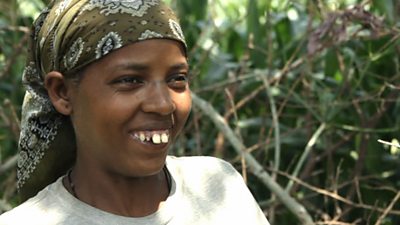
Dogu recalls one particular episode: "I remember a man calling his wife to listen to the radio with him. She says she's making coffee but he tells her the programme is more important and they will drink the coffee later. When I heard this, it motivated me to do the same and call my wife to listen. Now, I always call her when the programme starts and we listen to it together."
Stories of change
-
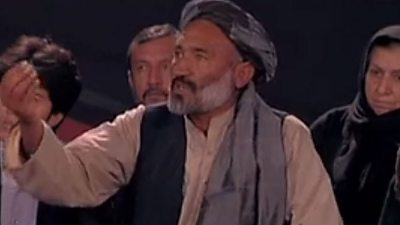
Abdul Bari Bawar, Afghanistan
After taking part in national debate show Open Jirga, community elder Abdul took the format home with him and persuaded his local radio station to make their own version for southern Afghanistan. -
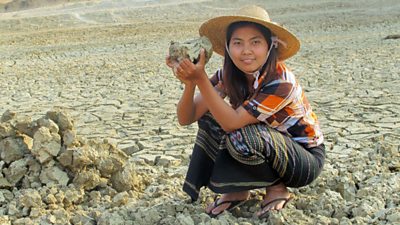
Kan At village, Myanmar
After hearing an episode about water conservation, young listeners of radio show Lan Lat Kyiar Sin (Bright Young Stars) were inspired to take action – rebuilding their village pond so that now it's ready to provide a reliable water supply all year round. -
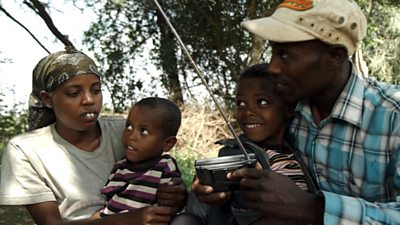
Dugo Boru and Aye Bejiga, Ethiopia
Dugo Boru wouldn't allow his pregnant wife Aye Bejiga to visit a health centre. But the radio programme Biiftuu Jireenyaa helped him change his mind. -
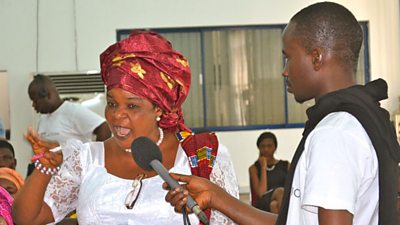
Oluchi Atu, Nigeria
Due to a poor electricity supply, trader after trader was leaving Lugbe AMAC market in Nigeria’s capital city Abuja. But then the chair of the market appeared on an episode of radio show Talk Your Own – Make Naijia Better. She asked the minister of power to help and a week later a new transformer was installed. -
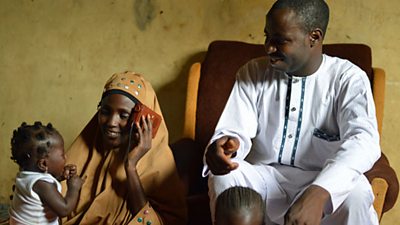
Yahaya and Salamatu, Nigeria
Yahaya Abdul-Rahman and his wife Salamatu never miss an episode of radio health programme Ya Take Ne Arewa. Thanks to the Nigerian show, they've learned the importance of antenatal care, birth spacing and how to treat their water to make it safe to drink. -
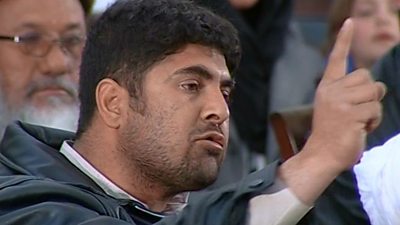
Asadullah Kamawi, Afghanistan
32-year-old disabled man Asadullah held President Hamid Karzai to account on TV debate show Open Jirga – and was invited to discuss his views on disability issues with Afghanistan’s entire cabinet. -

Dr Kedar Budhathokii, Nepal
Farmer Dr Kedar Budhathoki shared his pioneering techniques on Nepal’s TV and radio debate show Sajha Sawal – and transformed people’s livelihoods across the country. -
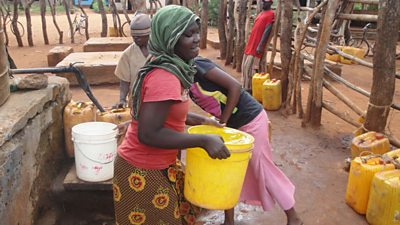
Mwera village, Tanzania
When their water supply was cut off due to a local dispute, the villagers of Mwera on the coast of Tanzania contacted their local radio station to ask for help. Journalist Mohammed Hammie tells how his report helped to resolve the problem - and turned the water back on.
